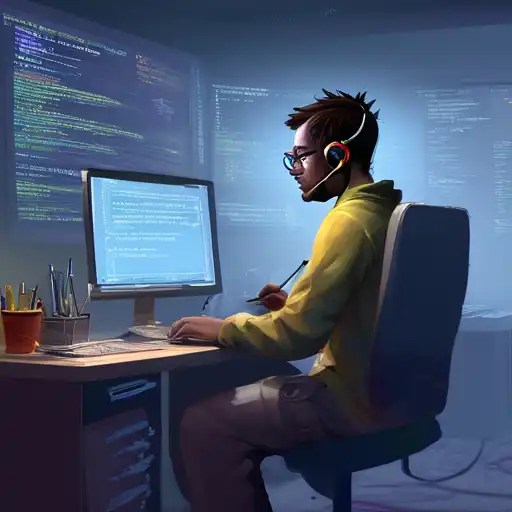Introduction to Debugging for New Programmers
Debugging is an essential skill for every programmer, especially for those just starting out. It involves identifying and resolving errors or bugs in your code that prevent it from running correctly. This article provides practical debugging tips to help new programmers navigate through common coding mistakes efficiently.
Understand the Error Messages
One of the first steps in debugging is to understand the error messages displayed by your compiler or interpreter. These messages often contain valuable information about what went wrong and where. Taking the time to read and comprehend these messages can save you hours of frustration.
Use a Debugger Tool
Debugger tools are invaluable for stepping through your code line by line, examining the state of your variables, and understanding the flow of execution. Familiarize yourself with the debugger in your programming environment to make your debugging process more efficient.
Check Your Syntax
Syntax errors are among the most common mistakes new programmers make. Always double-check your code for missing semicolons, unmatched brackets, or typos in variable names. A small typo can lead to big problems.
Break Down Your Code
If you're dealing with a complex bug, try breaking down your code into smaller, more manageable parts. Test each part individually to isolate the section causing the issue. This approach can help you pinpoint the exact location of the bug.
Search for Solutions Online
You're not alone in your debugging struggles. Many programmers have faced similar issues and shared their solutions online. Websites like Stack Overflow can be great resources for finding answers to your debugging questions.
Take a Break
Sometimes, the best debugging strategy is to step away from your computer for a while. Taking a break can help clear your mind, making it easier to spot mistakes when you return.
Practice Makes Perfect
Debugging is a skill that improves with practice. The more you code and debug, the better you'll become at identifying and fixing errors quickly. Don't get discouraged by bugs; they're an inevitable part of the learning process.
Conclusion
Debugging can be challenging, especially for new programmers, but it's also an opportunity to learn and grow. By applying these tips and strategies, you'll become more proficient at debugging and, ultimately, a better programmer. Remember, every bug you fix brings you one step closer to mastering the art of coding.
